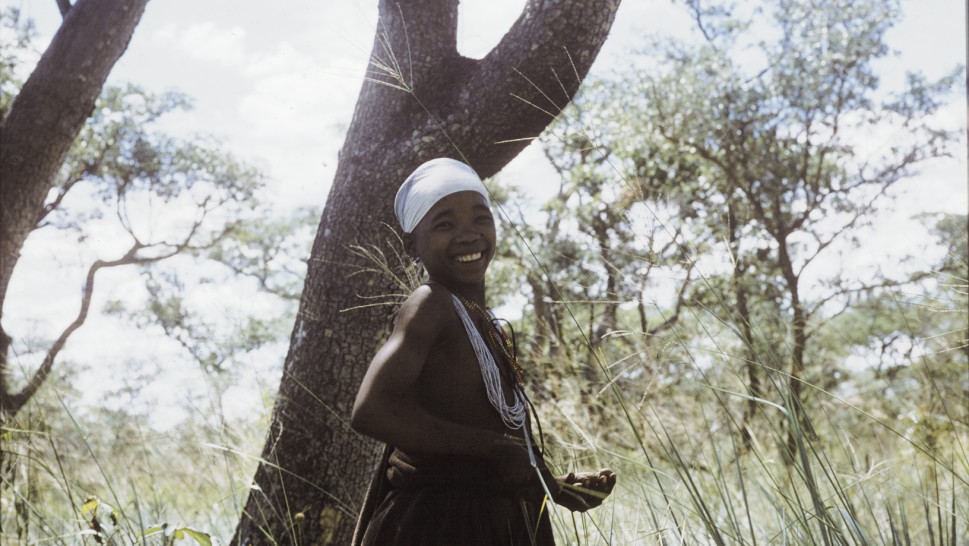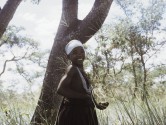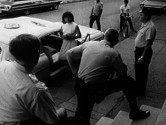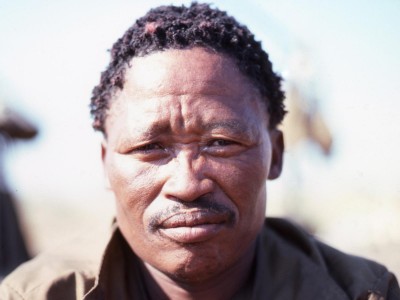
John Marshall’s Explorations in Ethnography
John Marshall’s (1932-2005) filmmaking career began in 1950 when, at the age of eighteen, he joined the first of several family expeditions to the Kalahari Desert organized by his father, Laurence Marshall, the founding president of the Raytheon Corporation. The whole Marshall clan undertook an unprecedented multi-disciplinary study of the Ju/'hoansi (!Kung Bushmen), with John assigned to film a documentary record of Ju/’hoan life and culture. Over the next eight years, Marshall shot over three hundred thousand feet of 16mm film (one hundred fifty-seven hours) of the Ju/'hoansi – in the course of his career, he would shoot more than one million feet of film and video – creating an utterly unique body of work that remains unrivalled as a long-term visual study of a single group of indigenous people. Contained in Marshall's fascinating footage are the personal histories of individuals, records of a now nonexistent way of life and the unfolding of massive social and economic change as experienced by a single group of people over a period of fifty years.
In 1968, John Marshall co-founded Documentary Educational Resources with Timothy Asch, a fellow ethnographic filmmaker, for the purpose of producing and distributing cross-cultural documentary film for educational use. In 2008, Documentary Educational Resources (DER) donated their collection of 16mm distribution prints to the Harvard Film Archive.





